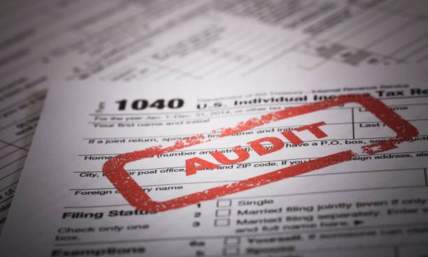What Makes A Good Financial Plan? - The Full Guide
When it comes to handling finances, it can be tricky to set up a good financial plan. Unfortunately, nobody teaches you how to deal with these matters in school, so you’re left to fend for yourself when it comes to personal finance.
Figuring out good financial habits can take a little bit of time and adjustment, but once you know the basics, you’re set for life. To find out some tips and advice surrounding financial planning, simply keep reading below, as we take a closer look.
Also read: How to Do Bookkeeping

Tips For Financial Planning
Below, we’ve compiled a list of items that every person should follow when trying to manage their finances. There are several things you’ll want to avoid when attempting to generate a good financial plan.
We’ve provided you with some of our tip tips below.
-
Set Yourself Goals
One of the most important things you should always do when creating a financial plan, is to set yourself some goals. Each month, a portion of your salary should go straight into a savings account, but what is it that you want to save for?
Where do you see yourself in 5, 10, or 20 years time? What level of financial success do you want to achieve? In addition, what do you want to save for? Many people dream of saving for a house, a new car, or simply paying off any loans they’ve taken.
Assess your personal financial goals, then you’ll be able to figure out how much you need to save each month to make them happen.
Also read: How to Pay Employees of Small Businesses
-
Create An Emergency Account
We can’t stress this enough, but every person should have an emergency fund set in place. This means that if anything goes awry, you’ll be prepared to deal with it. Many people simply live paycheck to paycheck, without putting anything away.
This behavior is incredibly dangerous, as there are a whole host of different situations that could leave you bankrupt. What if you or a family member required emergency care? This would mean a hefty portion of your paycheck would need to be spent to cover the costs.
This might make it impossible for you to pay your rent for that month. Oftentimes, people who live this way will take out several loans, and this can lead to all sorts of problems. If you fail to repay your loans, you could face having your furniture, car, or home taken away from you in extreme circumstances.
If you’re renting a property and failing to pay your monthly sum, your landlord may evict you.
Therefore, it’s incredibly important to always have an emergency fund set in place, just in case any undesirable circumstances take place.
Also read: Open a Business Bank Account

-
Set A Budget
This is probably the most important piece of advice we could give you. Always make sure that you set yourself a budget each month following on from receiving your paycheck.
We recommend that when you receive your salary each month, that you subtract any bills, rental, or mortgage payments, and see how much money you’re left with. You can then take this sum, and subtract your savings for that month.
After you’ve done this, you can witness exactly how much money you have to spend on food and luxury items that month. You can even break that sum into weeks, to witness what your weekly budget looks like.
This way, if you overspend one week, you can compensate next week. Breaking your money into smaller digestible pieces makes it much easier to micromanage your outgoings. In addition, by setting yourself a budget each month, you’re not just spending in the dark, without any idea of how much you’re spending and saving.
Also read: Marketing in Business
-
Pay Your Bills On Time
This might seem like an incredibly obvious one, but it’s super important to remember to pay your bills on time. Failing to pay your bills in a timely manner could see you get into some significant financial trouble.
If you don’t pay your bills on time each month, you’ll be charged ‘late fees’, which means that you’ll be required to pay extra as compensation.
If you don’t want the hassle of remembering each and every bill, you can simply set up a direct debit. This makes the whole process far easier. With a direct debit, the money will be taken out of your bank account each month in an organized fashion, without any action from you.
Also read: How To Make Business Cards
-
Set Up Online Banking
If you don’t already have an online banking account, then we’d recommend that you look into setting one up. It can be incredibly difficult to budget and keep track of finances, when you don’t have a real time view of your bank account.
Many people rely on paper statements, and they’re not only bad for the environment, but for your financial planning too. By downloading a banking app, you’ll be able to check your account whenever you want, and keep a close eye on your outgoings.
This will allow you to budget your money for each month, and keep track of whether or not you’re overspending.
Make sure that you look out for fraudsters however, as they can sometimes send fake text messages, asking you for personal financial information. Check in with your bank if you notice any suspicious activity.

Final Thoughts
To sum up, creating a good financial plan isn’t all that difficult. Make sure you always pay your bills on time, create an emergency fund, plan for the future, and form a budget. This way you can keep yourself out of debt, and save for future plans.
If you haven't got the most efficient way to produce pay stubs for your employees, check out the pay stub maker today. It is so easy and convenient!















